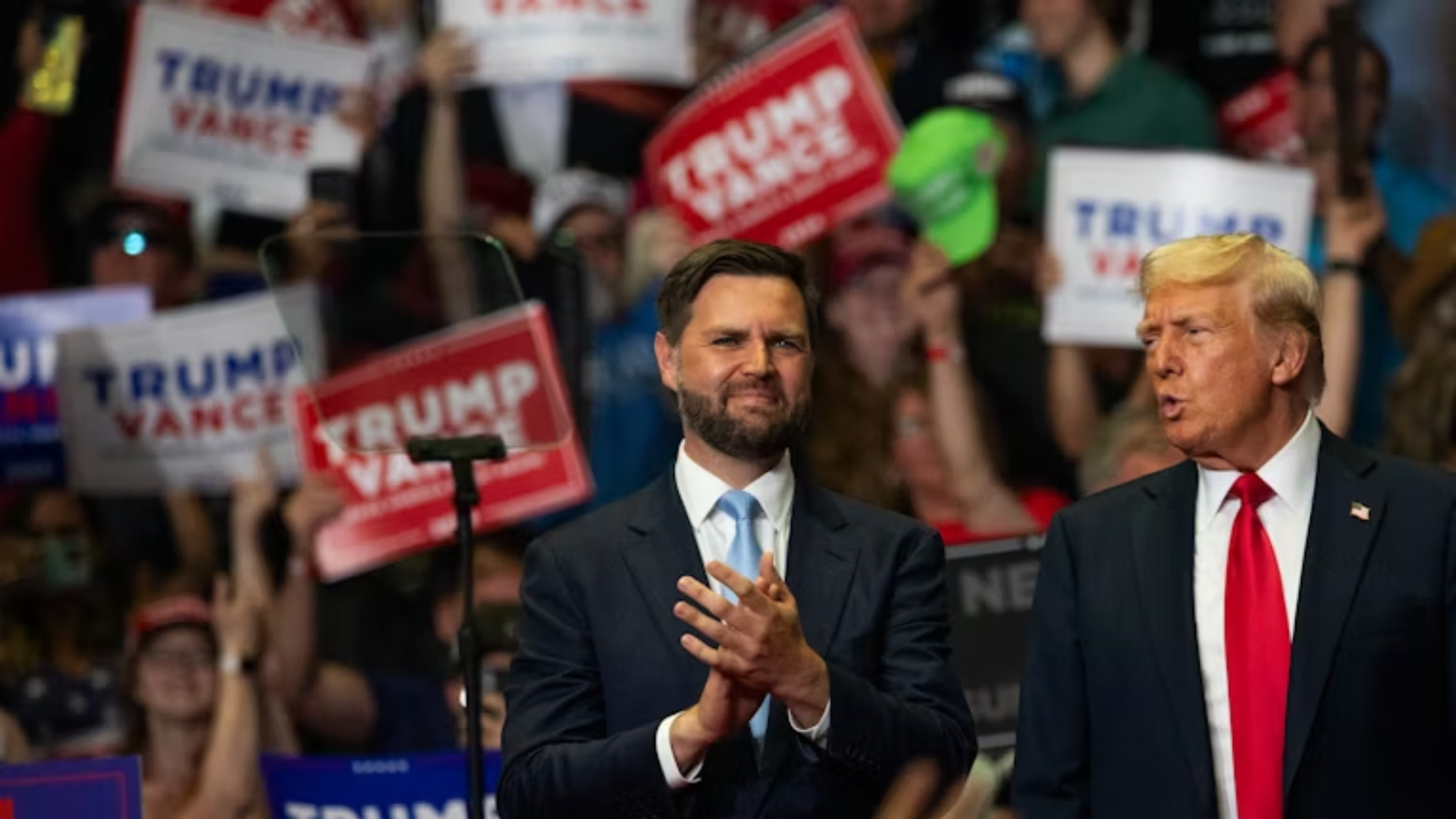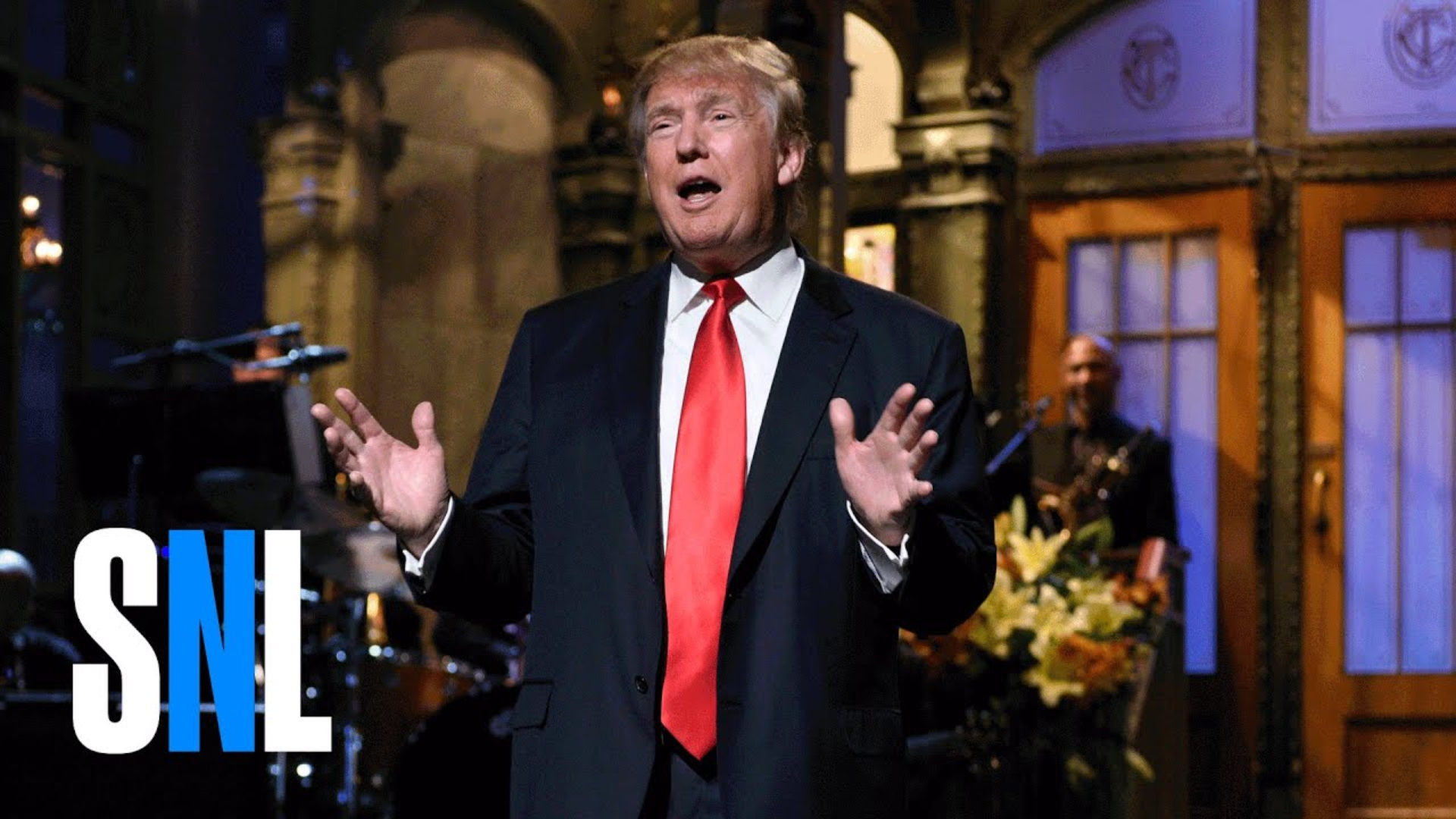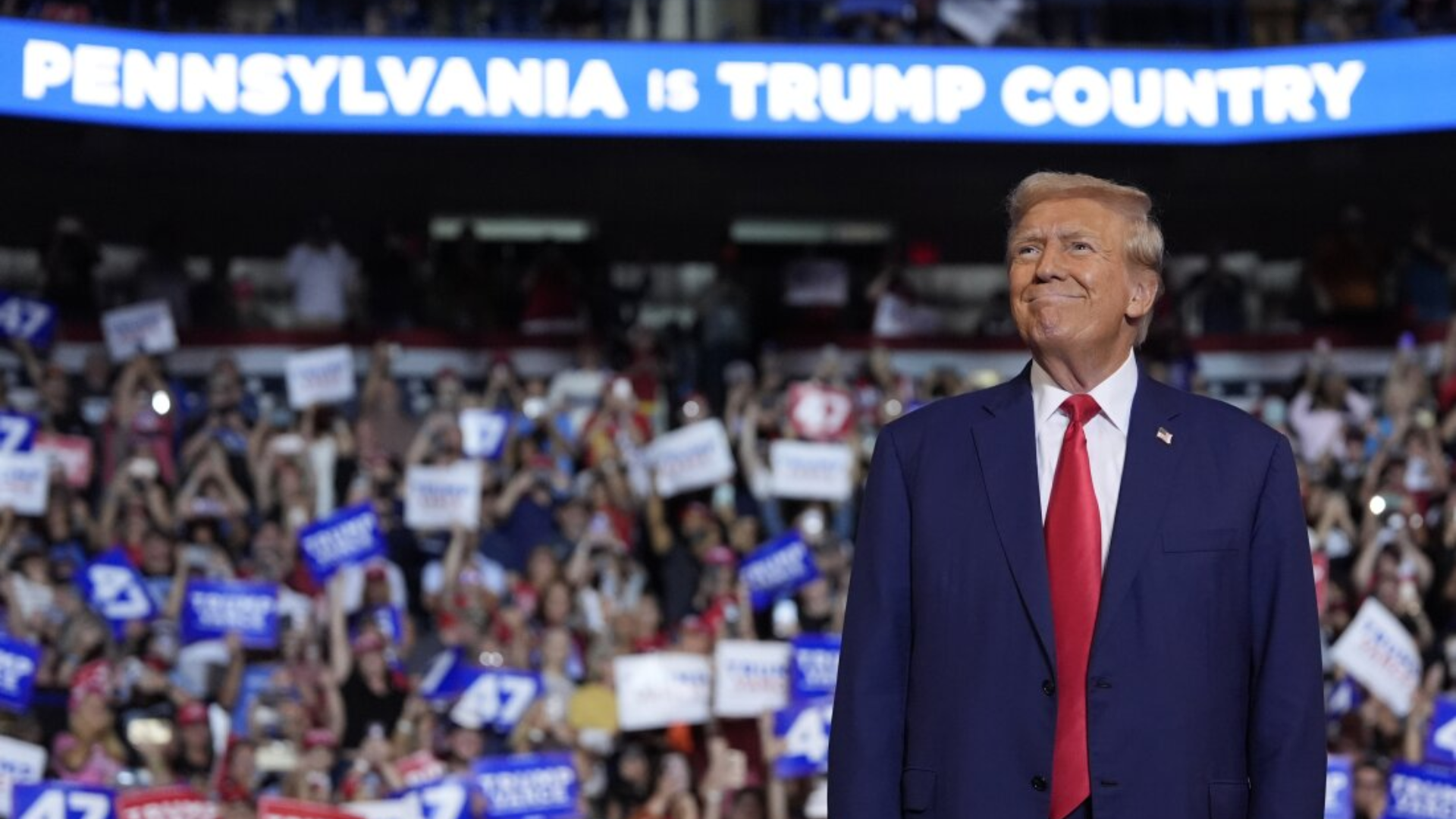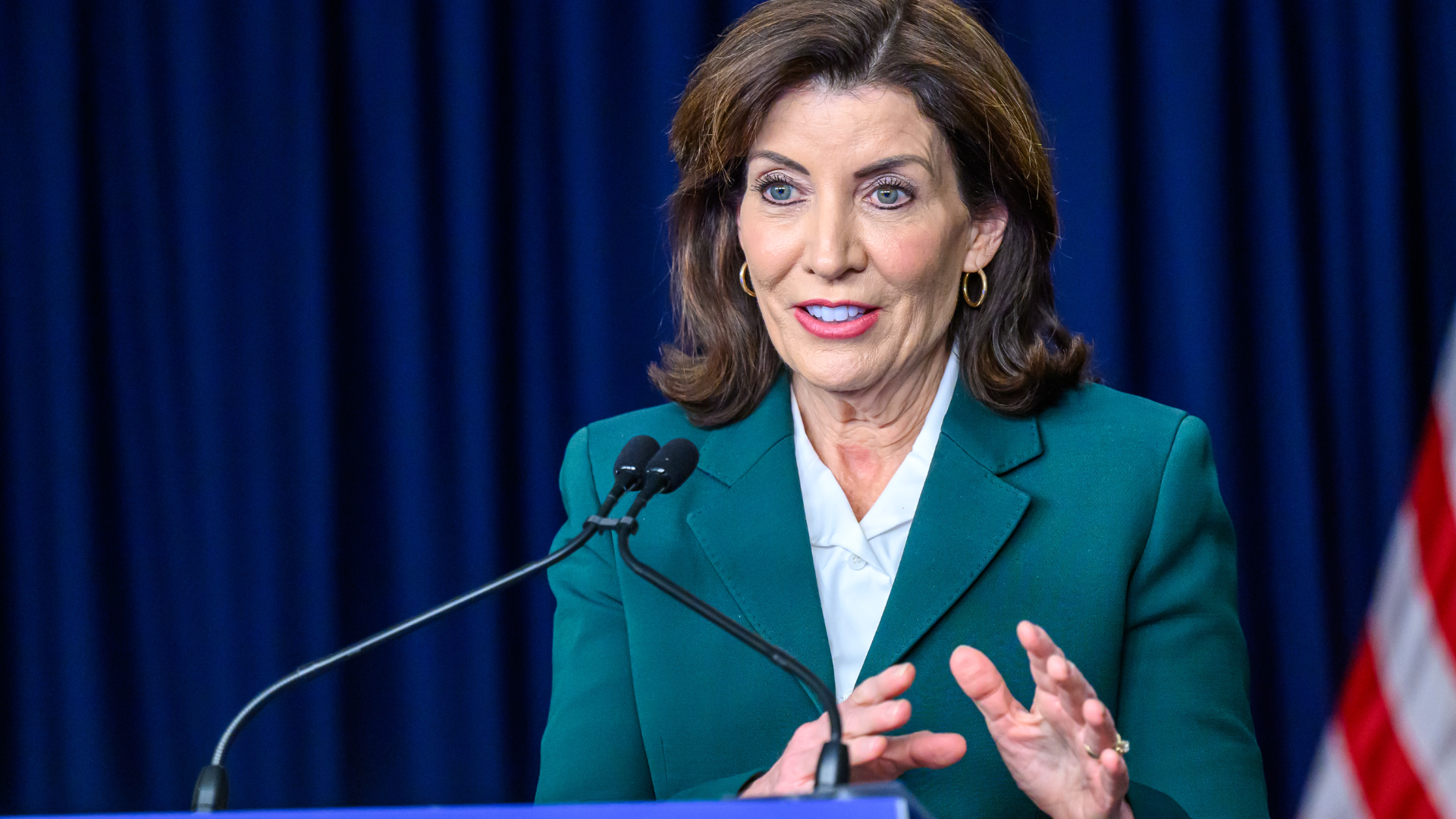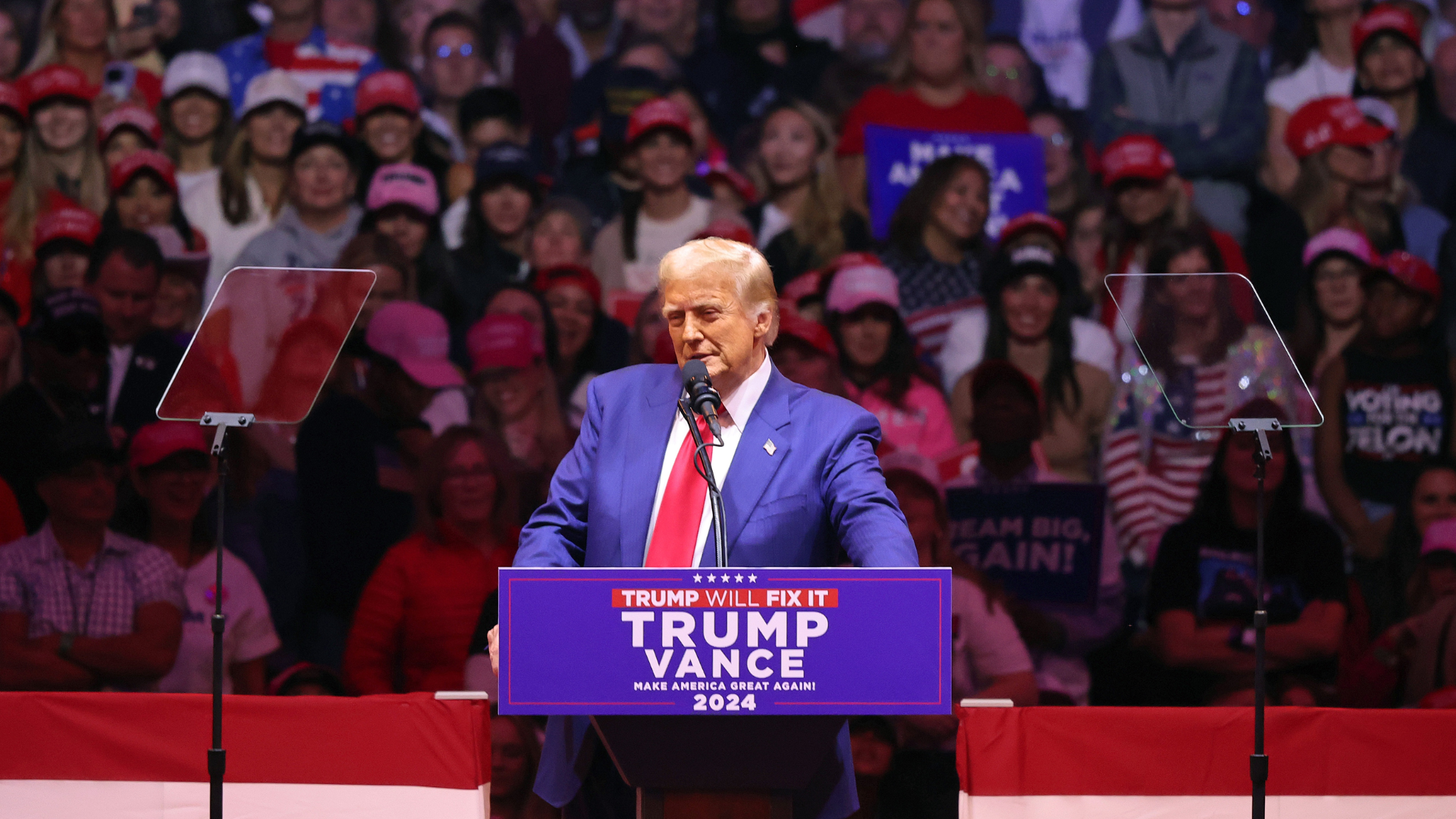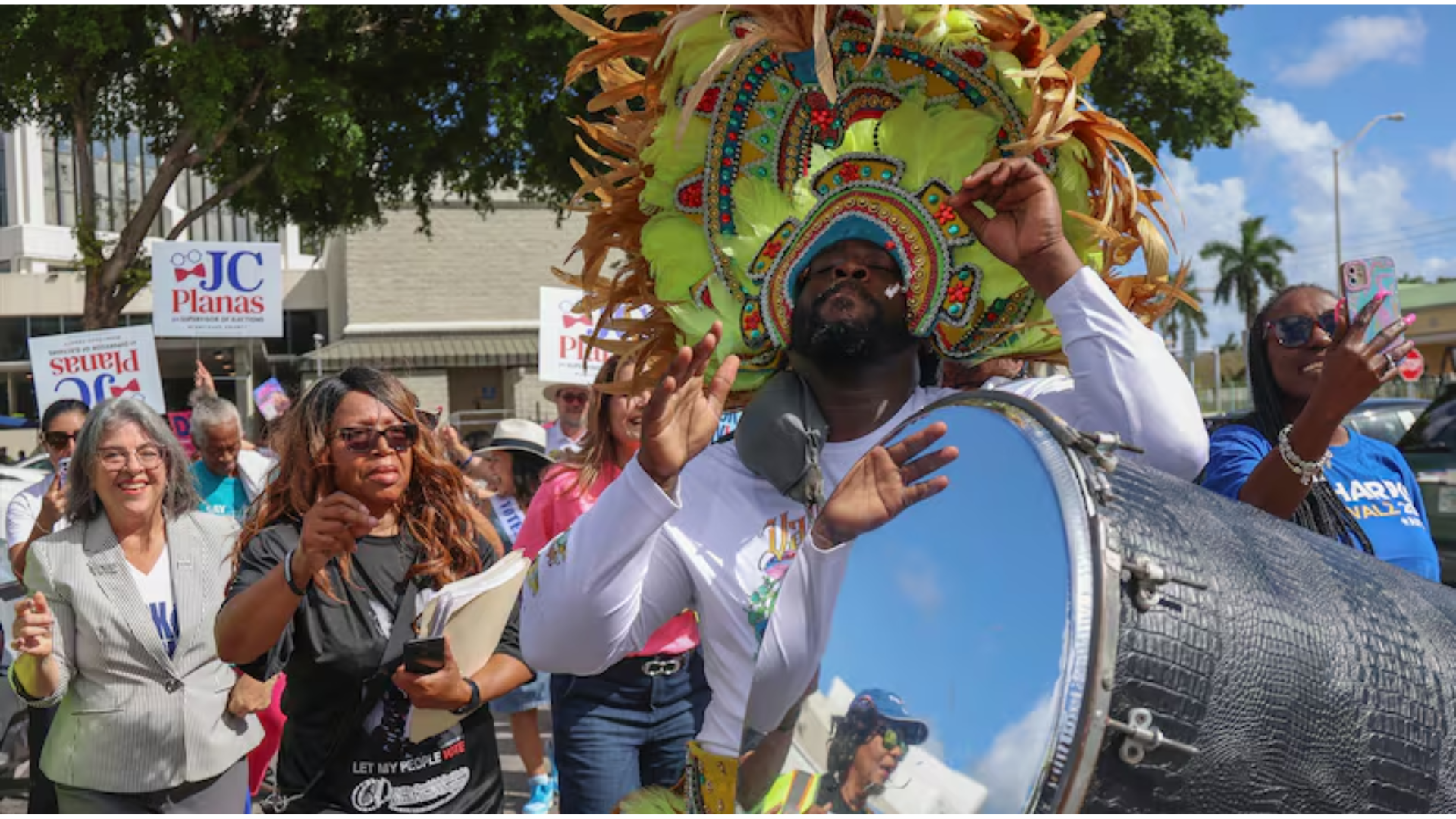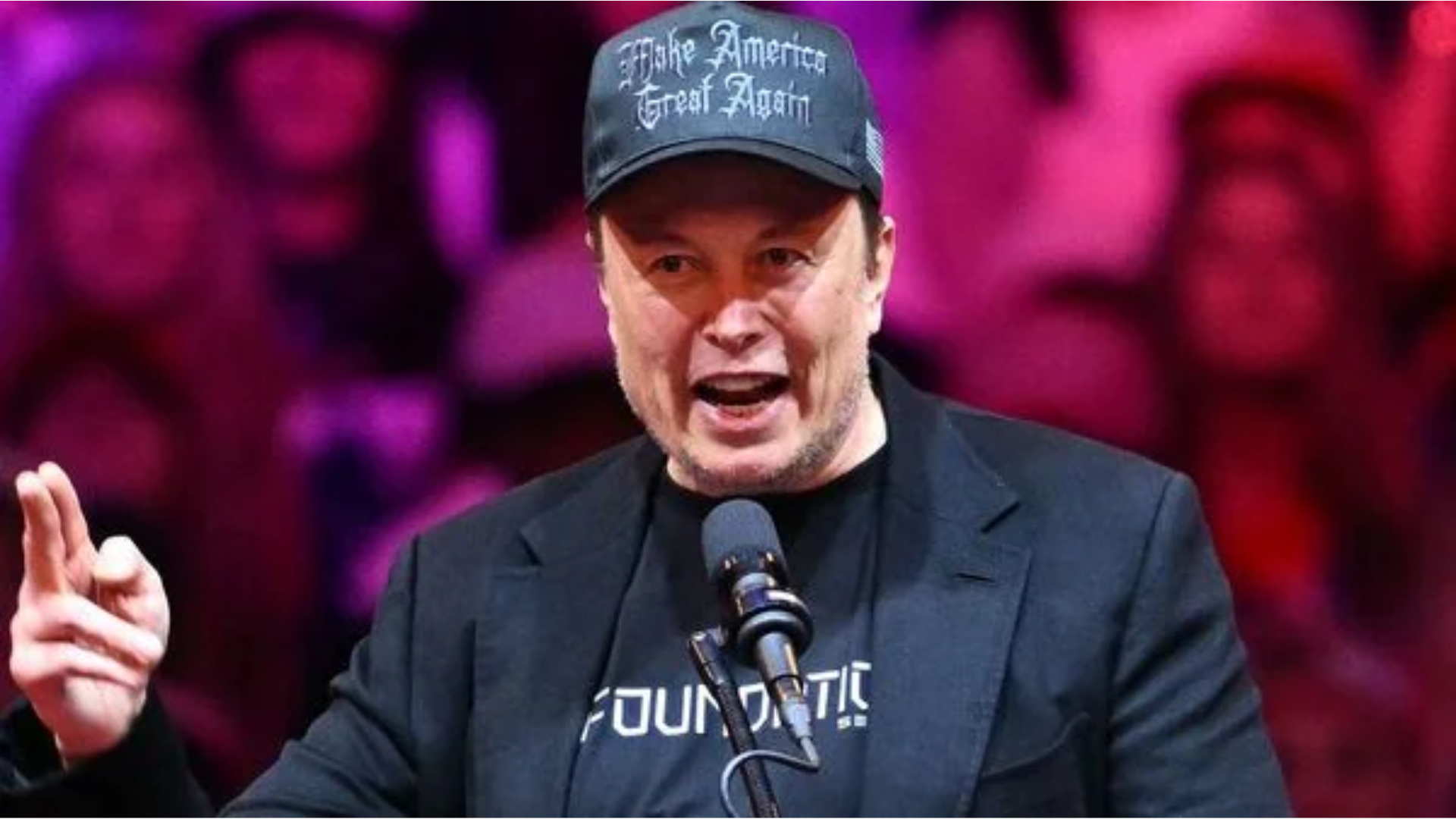
In 1995, Elon Musk briefly worked illegally in the United States following his departure from a graduate program in California, as revealed in a recent Washington Post report.
This detail about Musk, a billionaire from South Africa, stands in sharp contrast to his current stance on immigration, where he frequently expresses opposition to lenient border policies.
The CEO of Tesla and SpaceX has, in recent weeks, aligned himself with former President Donald Trump’s campaign for a second term, endorsing Trump’s strict anti-immigration policies through his social media platform, X.
Previously, Musk has described his transition from a student to an entrepreneur as occurring in a “legal grey area.”
However, The Washington Post highlighted that Musk almost certainly operated outside of legal parameters when he started working in 1995, shortly after leaving Stanford University to launch his first company, Zip2.
This company eventually sold for about $300 million in 1999, setting Musk on his path to wealth and influence.
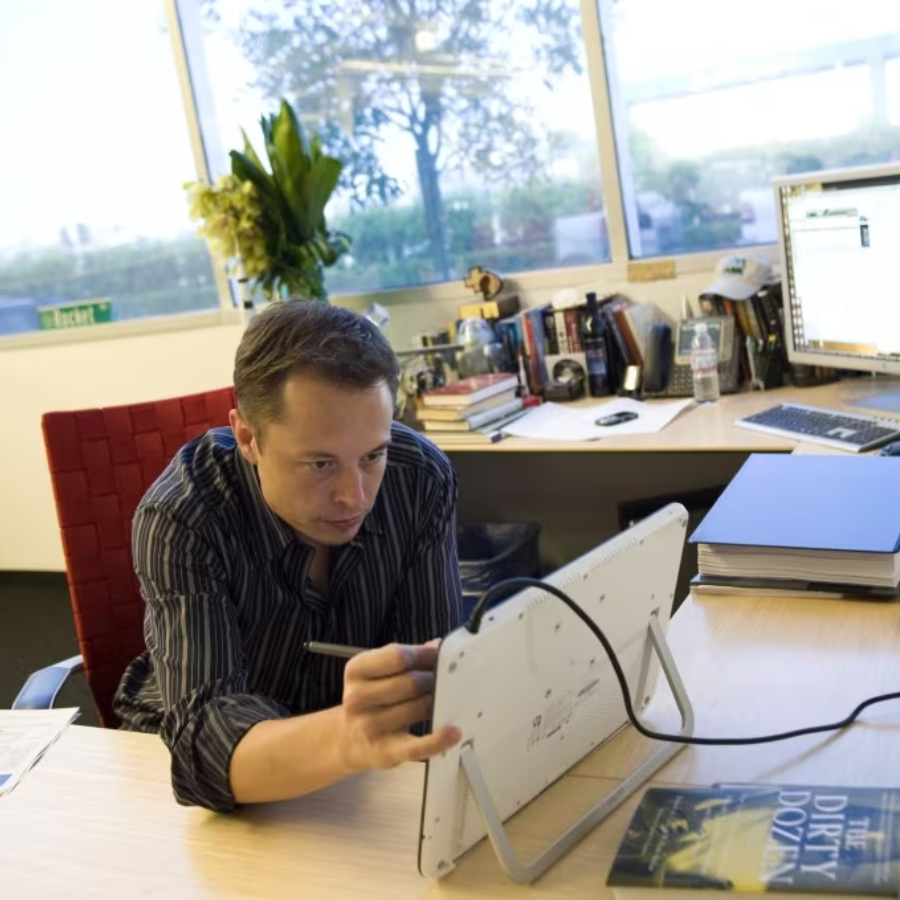
Legal experts say that foreign students are typically restricted from abandoning their studies to establish businesses, even if they are not compensated for their work.
Before the September 11 attacks in 2001, regulations regarding student visas were more flexible, though restrictions were still in place.
Former U.S. Justice Department immigration litigator Leon Fresco explained that any work designed to generate revenue, like creating code or attempting to make sales, places individuals in violation of immigration law.
The report emphasized that while overstaying a student visa was not uncommon and often overlooked by officials, it remains illegal.
Musk’s own account of his immigration status is that he was technically allowed to be in the U.S. as a student but only for activities related to his studies. “I was legally there,” Musk has stated, “but I was meant to be doing student work. I was allowed to do work sort of supporting whatever.”
Currently, Musk’s companies are massive employers, with Tesla employing around 121,000 people, SpaceX employing about 13,000, and X having nearly 3,000 staff members.
The scrutiny surrounding his early immigration status aligns with recent political developments where Trump has hinted at a prominent role for Musk in a potential second Trump administration.
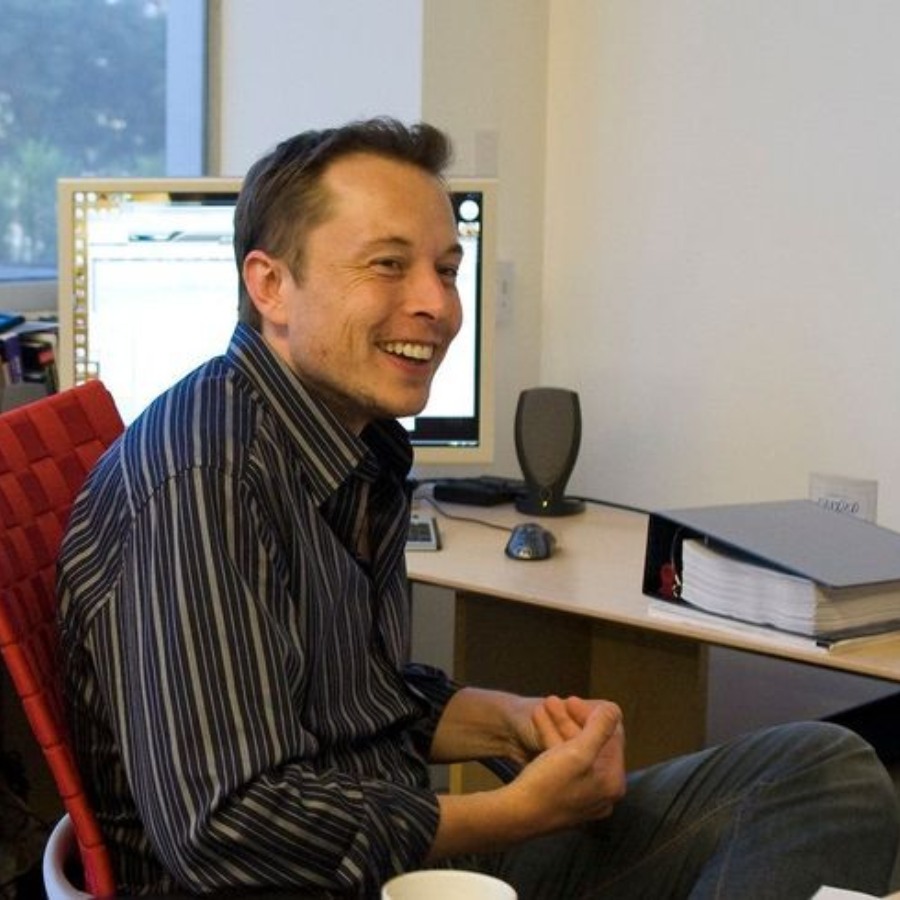
Trump’s plan would have Musk focus on government efficiency if he is re-elected and replaces Vice President Kamala Harris after the November 5 election.
Despite being an immigrant himself, Musk has repeatedly criticized Vice President Harris and other Democrats for allegedly “importing voters” through illegal immigration and policies like Temporary Protected Status (TPS).
Recently, at a Trump campaign rally, Musk made a controversial comparison between the U.S.-Mexico border and a “zombie apocalypse.” Yet Musk has also described himself as “extremely pro-immigrant.”
This year, Musk’s political commentary has intensified, especially on his X platform.
According to a Bloomberg News analysis, Musk has posted about immigration and voter fraud more than any other topic in 2024, with these posts reaching an audience of approximately 10 billion views.
Bloomberg found that he made over 1,300 posts related to these issues, with 330 of them occurring in the last two months alone.
With Musk paying $44 billion for X (formerly Twitter) in 2022, he is now considered the platform’s most influential user.
Reports suggest that he has instructed engineers to amplify his posts, making him “the most widely read person on the site today,” as noted by Bloomberg.


